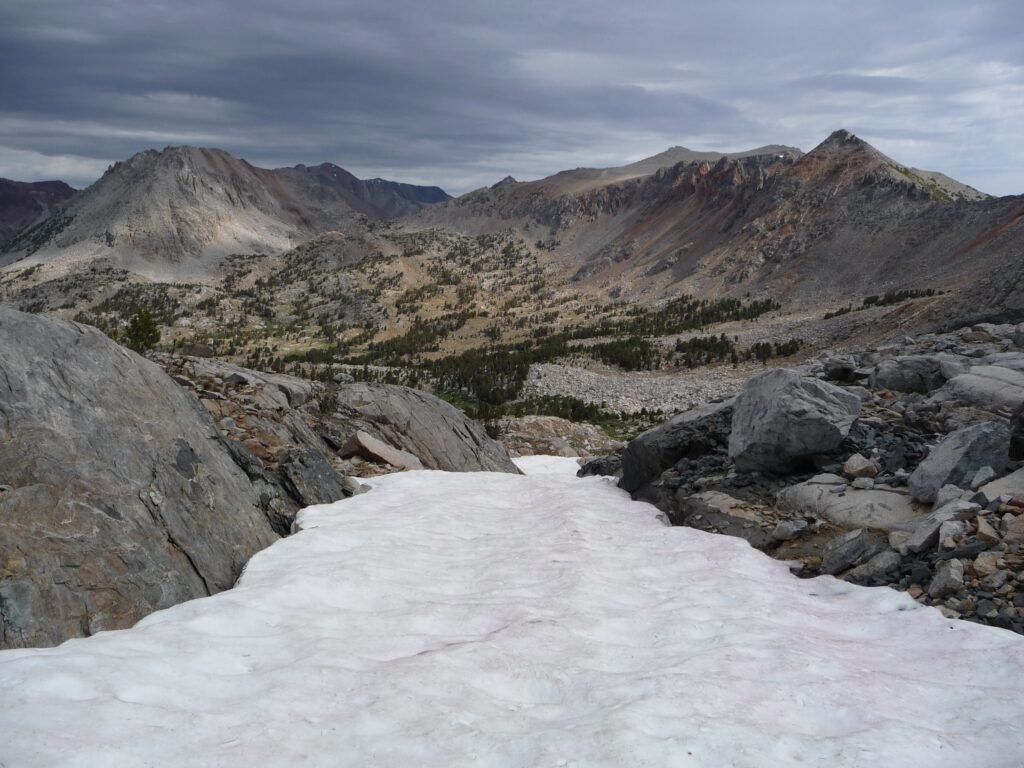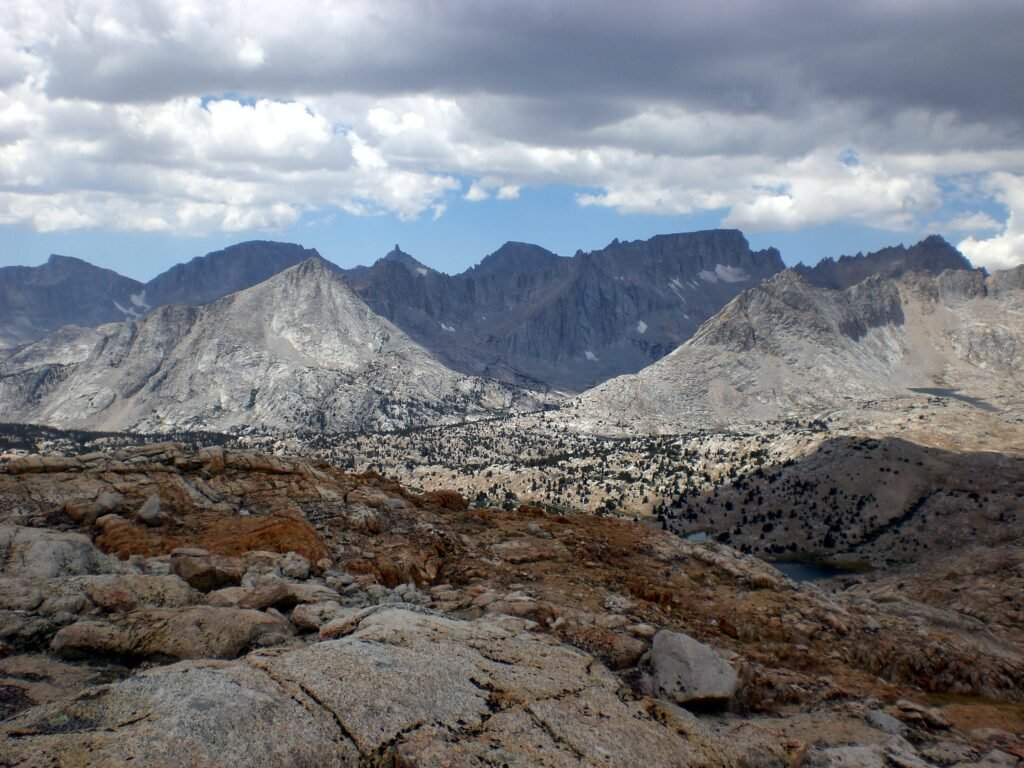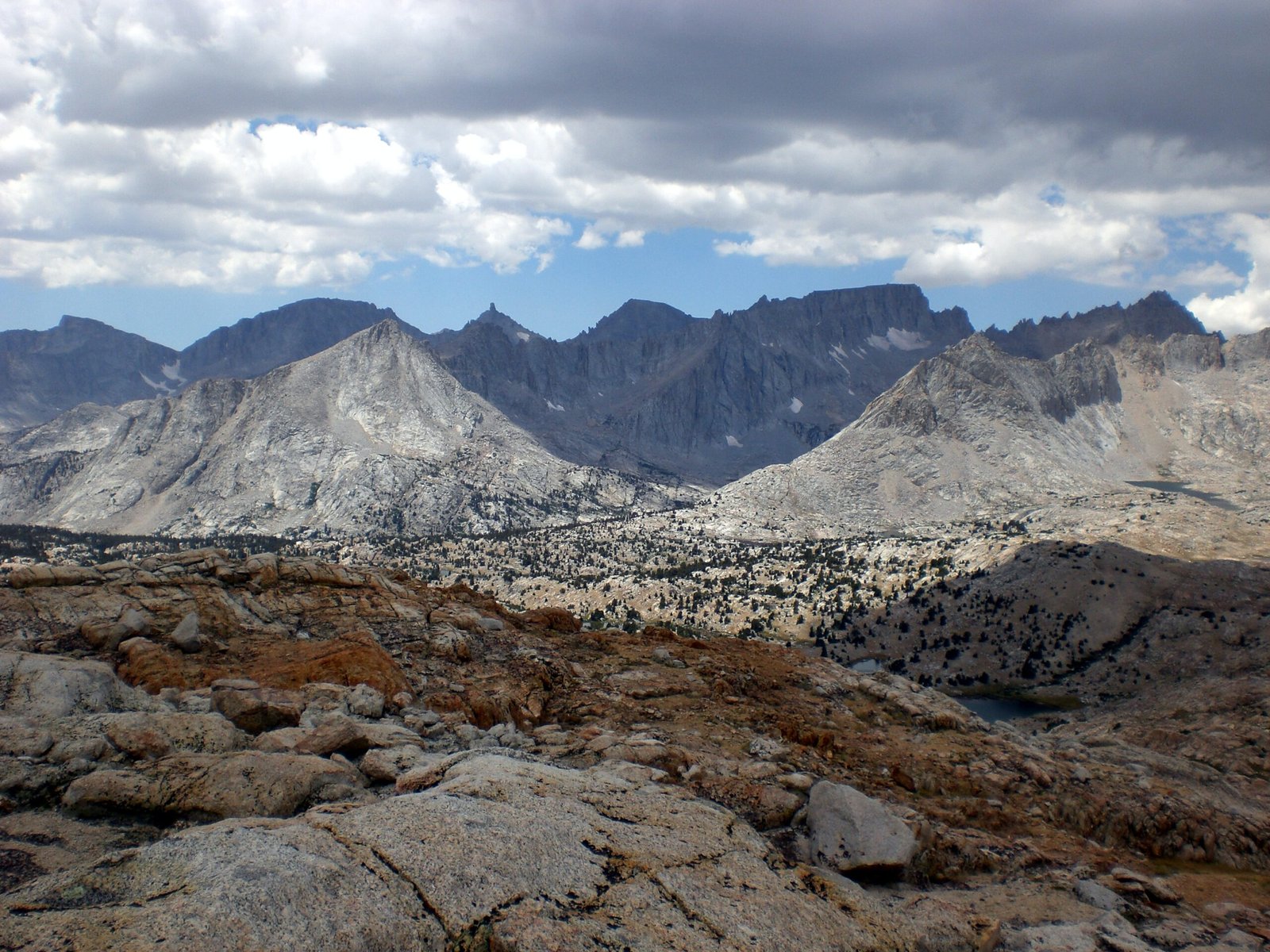More city dwellers are embracing camping and the outdoors as a safe and socially distant alternative to traditional travel during the ongoing pandemic. Online booking tools such as Campspot, Tentrr, and Hipcamp have reported increased usage due to the surge in interest. However, many newbies to camping are quickly realizing that there is more to sleeping outside than just s’mores and sing-alongs. Some common challenges include dealing with bugs, dirty bathrooms, and unexpected weather conditions. Despite these difficulties, many camping converts believe that the hassles are worth it for the breathtaking views and the opportunity to disconnect from technology and immerse themselves in nature.

More city dwellers embracing camping, outdoors with mixed results
New York Post article highlights the increasing number of city dwellers turning to camping as a safe, socially distant alternative to typical travel
In a recent article published by the New York Post, the rising trend of city dwellers embracing camping as a way to escape the confines of urban living and connect with nature has been highlighted. With the ongoing COVID-19 pandemic limiting travel options and promoting social distancing, many people are seeking outdoor activities that allow them to safely explore new environments. Camping has emerged as a popular choice, offering a unique opportunity to disconnect from technology and experience the tranquility of nature.
Online booking tools Campspot, Tentrr, and Hipcamp report upticks in usage
As city dwellers increasingly turn to camping, online booking platforms such as Campspot, Tentrr, and Hipcamp are witnessing a surge in their usage. These platforms provide a convenient and user-friendly way for individuals to find and book campsites in various locations. With a wide range of options available, from basic tent sites to luxurious cabins, campers can choose the level of comfort and amenities that suit their needs. The popularity of these online tools indicates a growing interest in camping among urban residents.
Mixed results for newbies experiencing camping for the first time
While the idea of camping may seem appealing, newbies often face challenges and mixed experiences when venturing into the great outdoors for the first time. Lack of familiarity with camping gear and equipment, the inability to properly set up tents, and the unfamiliarity with outdoor elements such as bugs and lack of bathrooms can all contribute to a less-than-ideal camping experience. However, despite these initial setbacks, many new campers find the experience worthwhile and are eager to learn from their mistakes.
Challenges faced by newbies
Inability to properly set up tents
One common challenge faced by new campers is the difficulty in setting up tents. Despite extensive preparation and even instructional videos, some individuals still struggle to assemble their tents correctly. This can lead to frustration and delays in starting the camping experience. However, with practice and guidance, most campers quickly learn the proper techniques, and this challenge becomes less daunting over time.
Lack of familiarity with camping gear and equipment
For those new to camping, the array of gear and equipment can be overwhelming. From sleeping bags and cooking utensils to camping stoves and lanterns, the list seems endless. Without prior experience or guidance, it can be challenging to determine what is essential and what may be optional. Additionally, understanding how to use and maintain this equipment adds another layer of complexity for newbies.
Surprises and discomfort with outdoor elements (bugs, lack of bathrooms)
The outdoor environment can bring unexpected challenges for new campers. From encounters with bugs and wildlife to the discomfort of not having traditional bathroom facilities, these factors can take some getting used to. The lack of access to modern amenities may come as a shock to those accustomed to the comforts of city living. However, with time, campers often learn to appreciate and adapt to these aspects of outdoor life.
Personal experiences of new campers
Christina Ramos struggled with setting up her tent despite extensive preparation
Christina Ramos, a first-time camper from New Jersey, encountered difficulties setting up her tent despite her thorough preparation. Despite watching instructional videos and purchasing what she believed to be essential gear, she still struggled when it came time to assemble her tent at the campground. This experience highlights the importance of not only researching and gathering the necessary equipment but also practicing and familiarizing oneself with its proper use.
Newbies amazed and overwhelmed by bugs and lack of bathrooms
Many new campers are surprised by the abundance and variety of bugs that they encounter during their outdoor adventures. The sheer size and unfamiliarity of these creatures can be overwhelming for those unaccustomed to the natural environment. Additionally, the absence of traditional bathroom facilities can be a source of discomfort and anxiety for new campers. These challenges emphasize the need for proper preparation and a willingness to adapt to different conditions.
Chelsea Janke’s micromanagement couldn’t prevent unforeseen challenges and forgotten essentials
Chelsea Janke, a meticulous planner and stage manager, discovered that even her micromanagement skills couldn’t prevent unforeseen challenges during her first camping trip. Despite her careful packing and preparation, she found herself missing a few crucial items, including layers of clothing for a cold night. This experience serves as a reminder that despite meticulous planning, there will always be unexpected elements to contend with in the outdoor environment.
Learning from mistakes
Travel writer Natalie Compton reflects on her camping experiences and the lessons she has learned
Natalie Compton, a travel writer who embarked on regular camping trips this summer, reflects on her experiences and the valuable lessons she has learned along the way. As someone who was not entirely inexperienced in camping, she had to adapt to being in charge of logistics and the challenges that can arise. Through trial and error, she has discovered the importance of essential items such as a sleeping pad and the significance of securing her tent properly.
Compton’s regrets include forgetting a sleeping pad and neglecting to properly secure her tent
One of the regrets that Natalie Compton has during her camping adventures is forgetting to bring a sleeping pad. This decision resulted in an uncomfortable and restless night’s sleep, prompting her to prioritize this essential item in future trips. Additionally, she learned the hard way about the importance of properly securing her tent after waking up soaked and rain-soaked from leaving it partially unzipped. These experiences have taught her invaluable lessons about the essential equipment and practices that enhance the camping experience.
Despite the challenges, camping converts find the experience worthwhile
Despite the initial challenges and setbacks faced by new campers, many individuals find the camping experience to be highly rewarding and worth the effort. The ability to disconnect from technology and immerse oneself in nature provides a sense of peace and tranquility that is often lacking in the urban environment. Breathtaking moments, stunning views, and the affordability of camping trips are all factors that contribute to the growing popularity of camping among city dwellers.

Benefits of camping
Breathtaking moments and stunning views
One of the major benefits of camping is the opportunity to witness breathtaking moments and enjoy stunning views that are often inaccessible in urban areas. From panoramic vistas of mountains and lakes to starry night skies free from light pollution, camping allows individuals to connect with nature’s beauty and experience moments of awe and wonder.
Affordability and remoteness of camping trips
Camping offers an affordable and accessible way for individuals to explore new destinations and enjoy outdoor activities. Compared to other forms of travel, such as staying in hotels or renting vacation homes, camping is often more budget-friendly. Additionally, many campsites are located in remote and secluded areas, offering a sense of escape and solitude from the hustle and bustle of city life.
Disconnecting from technology and enjoying the peace and quiet
In an increasingly digital world, camping provides an opportunity to disconnect from technology and reconnect with nature. By leaving behind the constant connectivity of smartphones and other devices, campers can enjoy the peace and quiet of the natural environment. This break from screens and notifications allows for relaxation, reflection, and a rejuvenation of the mind and body.
Increasing popularity of camping among city dwellers
Membership in hiking and backpacking groups on the rise
The popularity of camping among city dwellers is evident in the increasing membership numbers of hiking and backpacking groups. Platforms such as Facebook offer a space for individuals to connect with like-minded outdoor enthusiasts and share their experiences and tips. The sense of community and support provided by these groups encourages more individuals to embrace camping as an activity.
Camping as a safe and socially distant activity during the COVID-19 pandemic
The ongoing COVID-19 pandemic has significantly impacted travel options and promoted the need for social distancing. Camping, with its inherent outdoor nature and minimal contact with others, has emerged as a safe alternative for individuals seeking a vacation or a break from the monotony of daily life. The ability to maintain distance from others and enjoy the freedom of the outdoors aligns well with current public health guidelines.
The allure of nature and outdoor adventure for urban residents
For many city dwellers, the allure of nature and outdoor adventure is undeniable. The desire to escape the concrete jungle and immerse oneself in the beauty and serenity of natural landscapes is a driving force behind the increasing popularity of camping. Whether it’s the thrill of hiking through scenic trails or the simple joy of sitting by a campfire, camping offers a way to satisfy the inherent longing for connection with the great outdoors.

Recommendations for new campers
Research and familiarize oneself with camping basics
For those new to camping, it is essential to dedicate time to research and familiarize oneself with the basics of camping. This includes understanding different types of campsites, necessary gear and equipment, and safety guidelines. Online resources, books, and experienced campers can provide valuable information and guidance to ensure a successful camping experience.
Seek advice from experienced campers and join camping communities
One of the most effective ways to learn about camping is to seek advice from experienced campers and join camping communities. These individuals can share their firsthand knowledge, offer tips and tricks, and provide guidance on equipment purchases and camping destinations. Engaging with fellow campers fosters a sense of camaraderie and support, creating an environment where newbies can feel comfortable asking questions and seeking assistance.
Start with shorter trips and gradually increase outdoor experience
For those new to camping, it is advisable to start with shorter trips and gradually increase the duration and intensity of outdoor experiences. This allows individuals to become familiar with camping routines, practice setting up tents and using camping equipment, and adjust to the challenges of outdoor living. Starting small and building up outdoor skills and knowledge helps build confidence and ensures a positive camping experience.
Overcoming camping challenges
Proper planning and preparation
Proper planning and preparation are key to overcoming camping challenges. Creating a checklist of essential items, packing necessary gear, and researching campsite facilities and regulations are all critical steps in ensuring a smooth camping experience. Additionally, considering factors such as weather conditions, accessibility, and nearby amenities can help anticipate and mitigate potential challenges.
Learning from mistakes and adjusting
Learning from mistakes is an integral part of the camping experience. Embracing challenges as opportunities for growth and adaptation allows campers to continuously improve their skills and knowledge. Whether it’s adjusting camping routines, investing in better gear, or adopting new techniques, being open to learning and adjusting helps overcome obstacles and enhances the overall camping experience.
Developing outdoor skills and knowledge
Developing outdoor skills and knowledge is an ongoing process that accompanies the camping journey. Learning basic survival skills, honing navigation abilities, and understanding wildlife behavior not only enhance safety but also deepen the connection with the natural environment. Engaging in outdoor activities such as hiking, fishing, and birdwatching can contribute to the development of outdoor skills and foster a greater appreciation for the outdoors.
Promoting safe and responsible camping
Emphasizing Leave No Trace principles
Promoting safe and responsible camping involves adhering to the principles of Leave No Trace. These guidelines emphasize minimizing the impact on the environment, respecting wildlife, and leaving campsites in the same or better condition than they were found. Respecting nature and practicing sustainable camping ensures that future generations can also enjoy the beauty and wonders of the outdoors.
Respecting the environment and wildlife
Respecting the environment and wildlife is a fundamental aspect of responsible camping. This includes refraining from littering, not disturbing wildlife or their habitats, and following designated trails and camping areas. By valuing and protecting the natural surroundings, campers contribute to the preservation of ecosystems and the conservation of biodiversity.
Being mindful of the impact on local communities
Camping often takes place in proximity to local communities, and it is crucial to be mindful of the impact on these communities. Respecting local regulations, supporting local businesses, and minimizing noise and disruption are all important considerations. By fostering positive relationships with local communities, campers contribute to the sustainability and harmony of the camping experience.
Conclusion
The growing trend of city dwellers embracing camping as a safe and socially distant activity has generated mixed results. While new campers may initially face challenges such as setting up tents and adapting to outdoor elements, the rewards of connecting with nature and disconnecting from the urban environment are well worth the effort. By learning from mistakes, seeking guidance from experienced campers, and gradually developing outdoor skills, newbies can enhance their camping experience and fully appreciate the benefits that come with immersing oneself in the great outdoors. Furthermore, promoting safe and responsible camping ensures the preservation of natural beauty and the harmony between campers, the environment, and local communities. As more city dwellers embrace the allure of camping, it is essential to educate and prepare them for this outdoor adventure, allowing them to grow and thrive in their newfound connection with nature.









